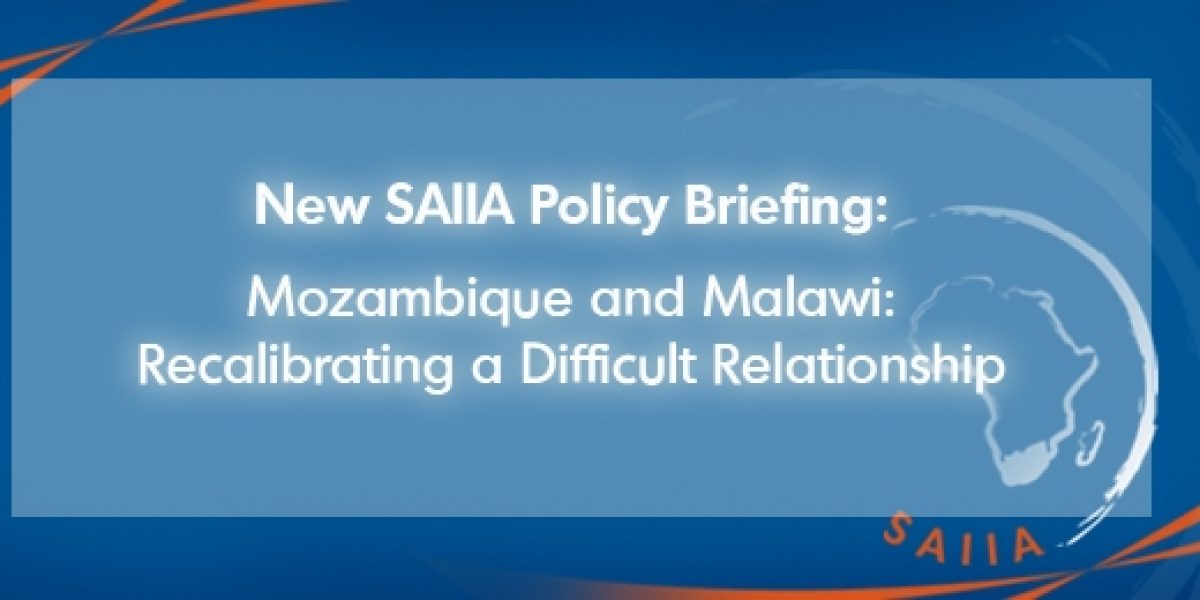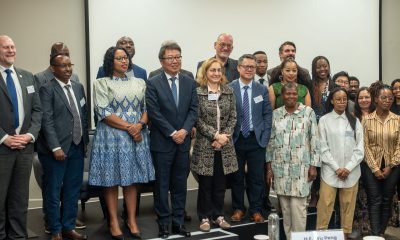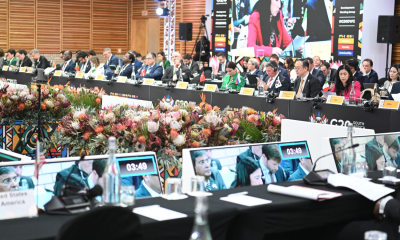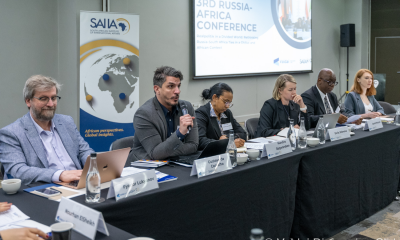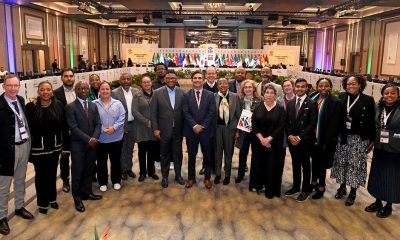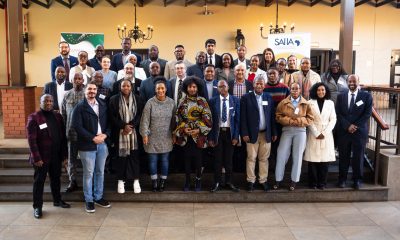Outside of the media spotlight however, progress is being made to deepen regional security through enhanced political and economic cooperation. A key example of this is the marked improvement of relations between Mozambique and Malawi.
Despite entrenched cultural, linguistic and economic linkages, the two countries have not enjoyed warm relations. Tensions came to a head over a border spat between authorities at the Caloca Border Post in 2010 and then again later that year over the inauguration of the Nsanje Port in Malawi. Both these incidents resulted in the suspension of a number of important collaborative infrastructural projects between Mozambique and Malawi.
However, President Joyce Banda’s ascent to the Presidency in Malawi last year has signalled a positive turning point in the relations between the two countries. Suspended projects have been resuscitated and the two presidents have exchanged a number of reciprocal diplomatic and trade visits – signalling that the tone of the relationship has indeed improved.
SAIIA’s South African Foreign Policy and African Drivers (SAFPAD) Programme has produced a new paper entitled, “Mozambique and Malawi: Recalibrating a Difficult Relationship”, written by Aditi Lalbahadur. It examines how the relationship has transformed over the past year and makes key policy recommendations. These include how both governments can encourage closer cross-border collaboration at local government and grass-roots levels if it is to prevent incidences like Caloca and Njanje in future. This would in turn contribute to greater regional security.
This policy briefing emanates from fieldwork conducted by the SAFPAD Programme on the drivers of Mozambique’s foreign policy.
Click here to download the paper, Mozambique and Malawi: Recalibrating a Difficult Relationship.

